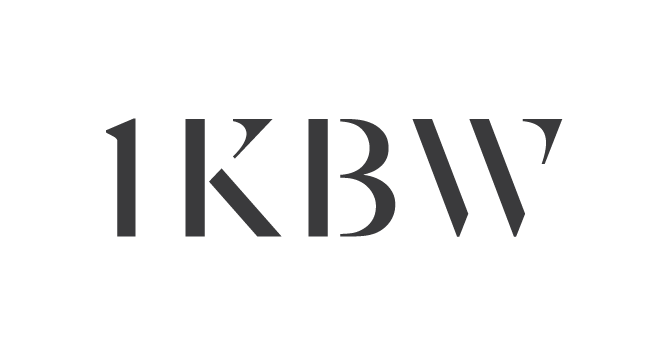Knowledge Hub
Join the Conversation!
Impartial and independent, ThoughtLeaders4 HNW Divorce Knowledge Hub hosts cutting edge industry content and insight.
Email maddi@thoughtleaders4.com to submit content.
Bored Ape NFT Investors Sue Sotheby’s
Date: 08/09/2023 Type: Articles Topic: FIRE | Insolvency | Civil Fraud | International | Enforcement | Offshore | Asset Recovery |A class action lawsuit has been brought in a federal court in California against the auction house Sotheby’s over the auctioning of Bored Ape Yacht Club non-fungible tokens (NFTs).
Four named plaintiffs in the suit allege that Sotheby’s, along with sporting brand giant Adidas and public figures including Canadian singer Justin Bieber and Paris Hilton, willingly misled investors at an auction to inflate the price of the Bored Ape Non-Fungible Token'>NFT’s and give the impression that NFT’s had “crossed over to a mainstream audience’’. The auction, which took place in September 2021, saw Sotheby’s sell over 100 NFTs to a single buyer for more than $24 million.
The lawsuit against 30 defendants follows the catastrophic decline in NFT values in recent months. Bored Ape NFT’s have been selling for as little as £33,900 ($42,700) recently - a 66% drop on their value a year ago and just 10% of their peak value of £340,700 ($429,000) back in April 2022.
Celebrity endorsers are increasingly being pursued for promoting NFT’s - and thus inflating their prices - without declaring their financial interests in the promotion. Public figures including Tom Brady, Madonna and Gwyneth Paltrow were subject to similar lawsuits back in December 2022 following the collapse of the now disgraced FTX crypto exchange. In March this year, the US Securities and Exchange Commission (SEC) charged eight celebrities with not disclosing their financial interests in their promotion of cryptocurrencies. The crypto-based payment service MoonPay has been accused of market manipulation for facilitating discreet payments to celebrity defendants who promoted NFT’s and, allegedly, artificially inflated their price.
Market manipulation and the artificial inflation of cryptoasset values is not a new phenomenon. The post-pandemic crypto market boom saw a marked spike in fraudulent activities. Victims were targeted by opportunistic scammers who promised huge, swift returns on investments.
Reminder
The drastic fall in the value of NFT’s should, however, serve as a sharp reminder that volatility in the crypto markets (as is currently being witnessed) exposes investors on all levels to potentially huge losses, whether or not the original investments were made off the back of fraudulent activities.
One silver lining, however, is that it is now much harder for bad actors to convince would-be investors they can obtain attractive returns. Action Fraud has reported that fraud relating to NFT’s in the UK has fallen from £822,307 in 2021-22 to £144,007 in 2022-23.
Yet crypto-related fraud is still rife. While there has been a decrease in NFT-related fraud, history has shown that those looking to defraud people will continue to find innovative and creative ways to convince them to part with their money.
Author: Syedur Rahman (Partner) at Rahman Ravelli
Author
Syedur Rahman (Partner)
Our HNW Divorce Corporate Partners
















